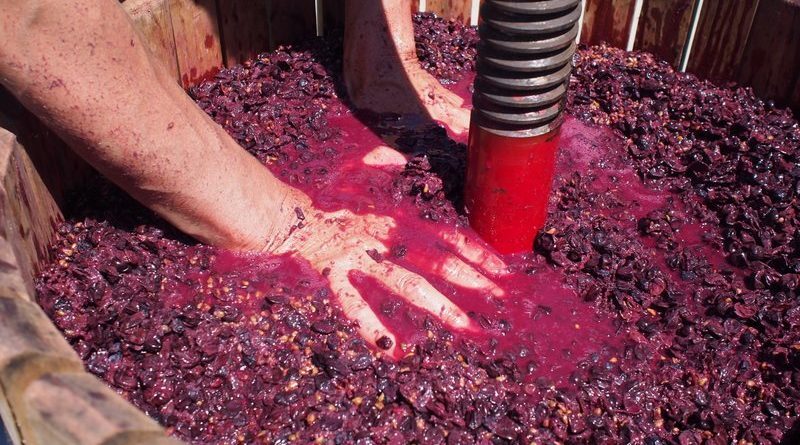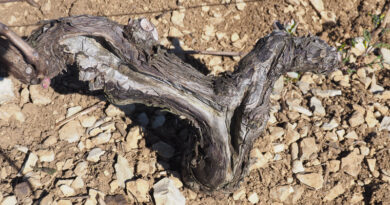New research suggests that it might be quercetin, not sulfites or biogenic amines, that are responsible for the headaches some people experience after drinking red wine
Some people suffer from headaches after drinking even a small amount of red wine. Usually for these people, the response is unique to red wine, and isn’t caused by other drinks. No one yet knows exactly what causes this.
But in a study published today in Scientific Reports by a group at the University of California, Davis, there’s evidence that the culprit might be quercetin, a flavanol found naturally in red wines. This may be interfering with the proper metabolism of alcohol, leading to symptoms including headache. [Interestingly, this research was Crowdfunded.]
Quercetin is found in a range of fruits and vegetables, including grapes, and acts as an antioxidant, so it can be beneficial. It’s only in the presence of alcohol that it can be problematic.
‘When it gets in your bloodstream, your body converts it to a different form called quercetin glucuronide,’ says Andrew Waterhouse, one of the authors of this study. ‘In that form, it blocks the metabolism of alcohol.’
Alcohol is broken down to acetaldehyde, which is toxic and inflammatory. It’s then further broken down by acetaldehyde dehydrogenase, which is the enzyme that quercetin glucuronide can inhibit. The continued presence of acetaldehyde in the bloodstream can cause flushing reactions, headaches and nausea. A proportion of east Asian people (around 40%) have a version of this enzyme that doesn’t work well, and this allows acetaldehyde to build up in their system.
‘Quercetin is produced by the grapes in response to sunlight,’ says Waterhouse. ‘If you grow grapes with the clusters exposed, such as they do in the Napa Valley for their cabernets, you get much higher levels of quercetin. In some cases, it can be four to five times higher.’ Levels of quercetin can also differ depending on winemaking techniques.
I asked Waterhouse: people have blamed sulfites, and then biogenic amines for adverse reactions to wine – could it be that quercetin is to blame and that we shouldn’t be too worried about these two?
‘Mark Daeschel at Oregon State told me that the levels of biogenic amines are just too low,’ he responded. ‘As for sulfites, they may be indirectly related, but that is yet another research project. But sulfites themselves are not a culprit, or consumers of colorful dried fruit would be reporting headaches.’
So if quercetin is a problem, do you think people affected should avoid all red wines? Or is there a way to find safer ones? ‘I am hopeful that in the future there will be a way to alert consumers to high levels. But the first step is to check our hypothesis with a human study.’ This is planned, and it will be interesting to see the results.




